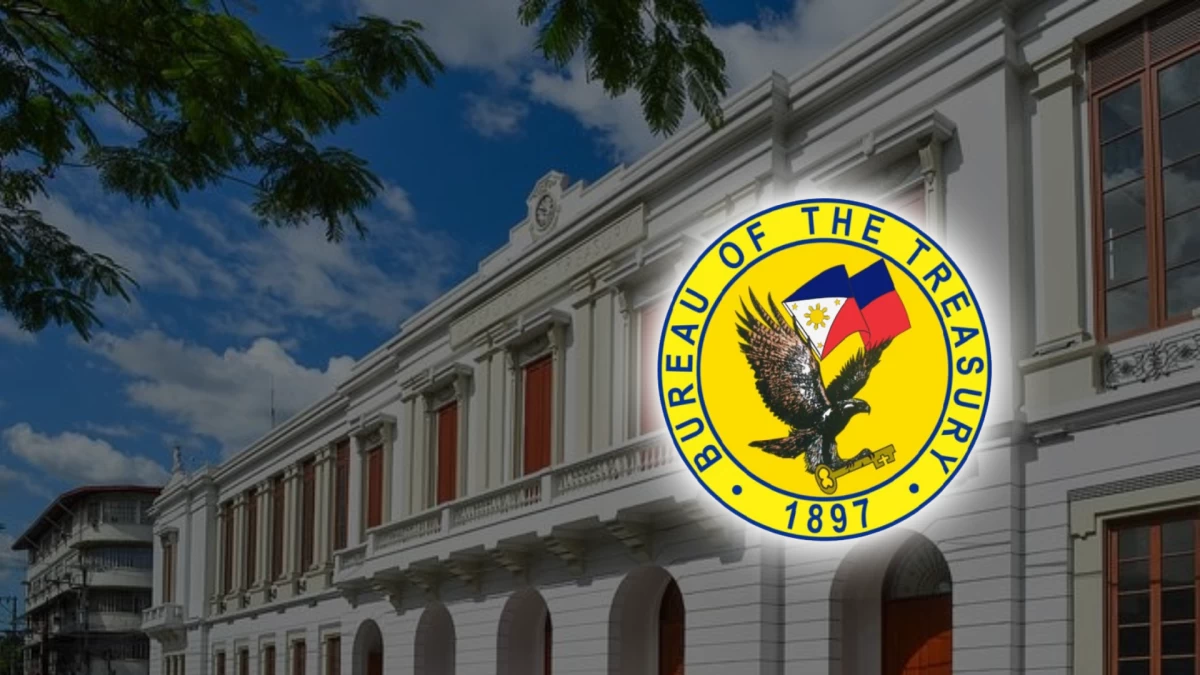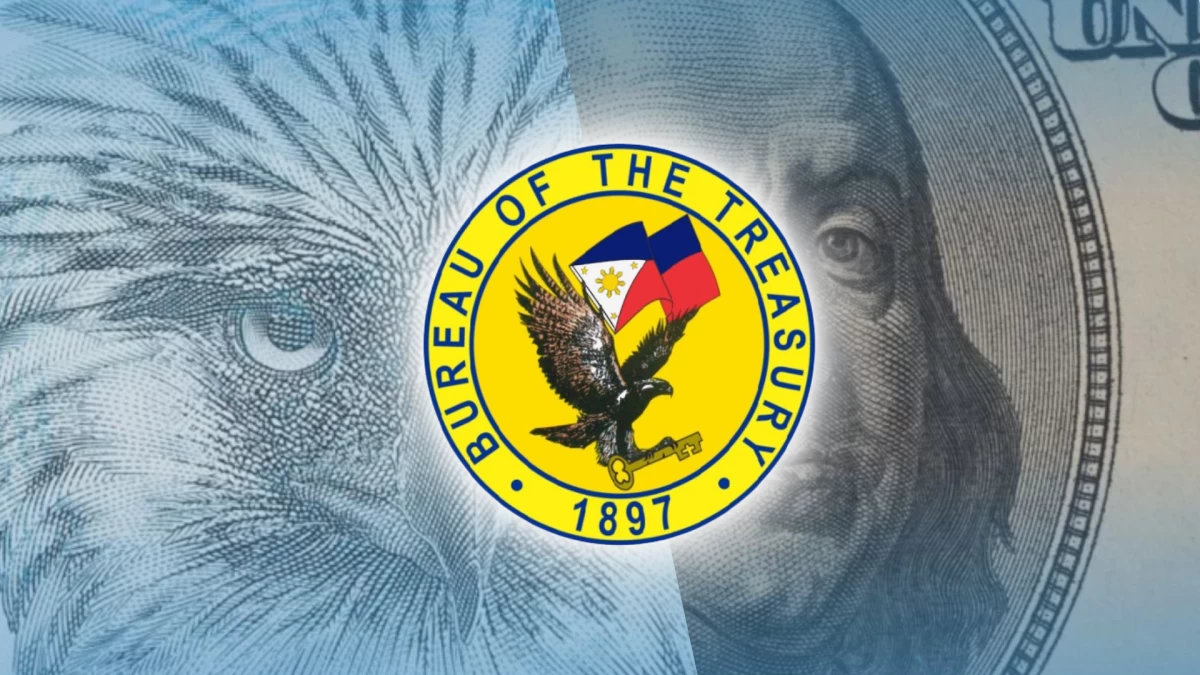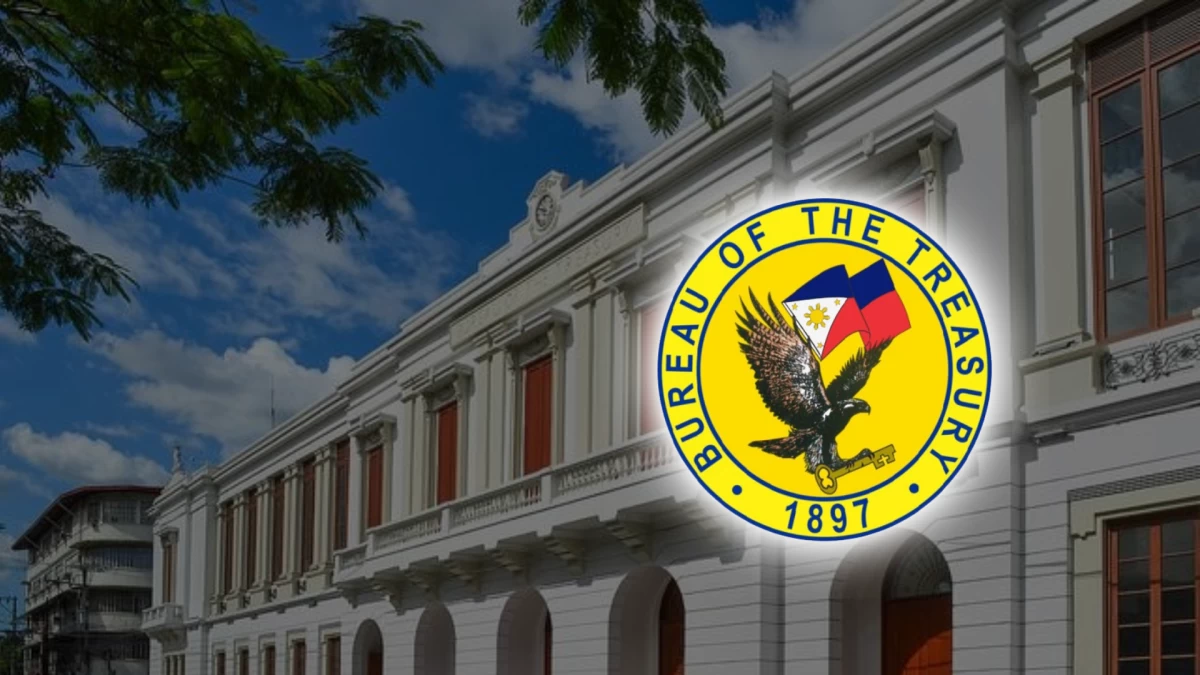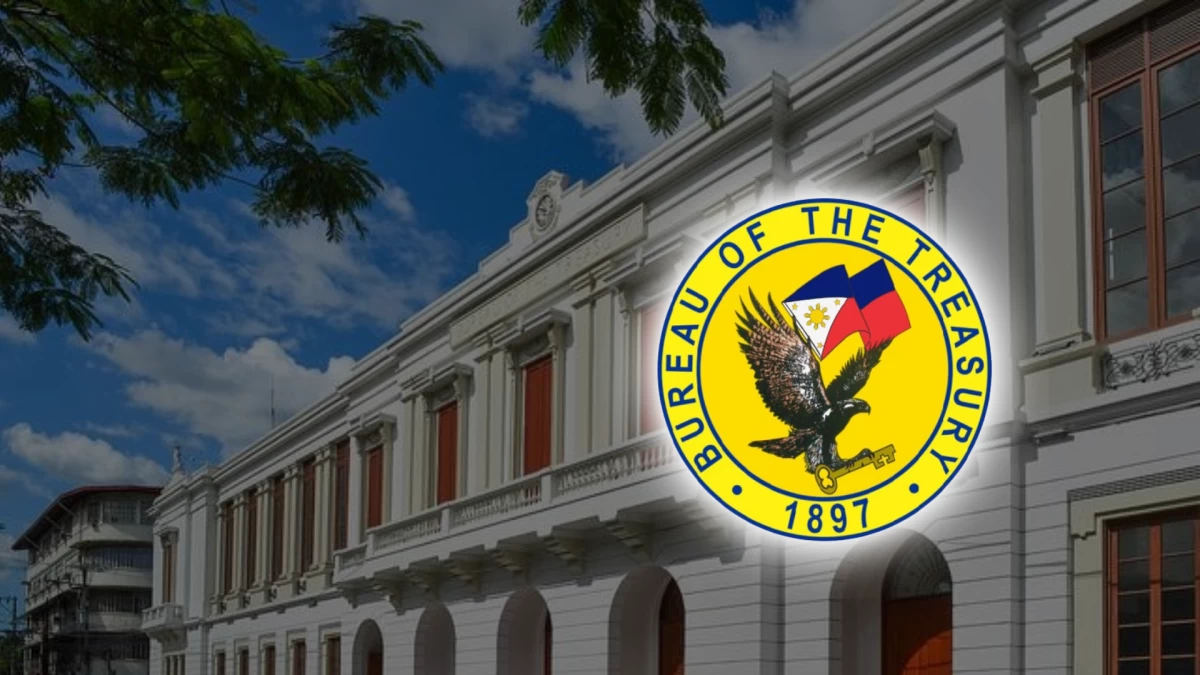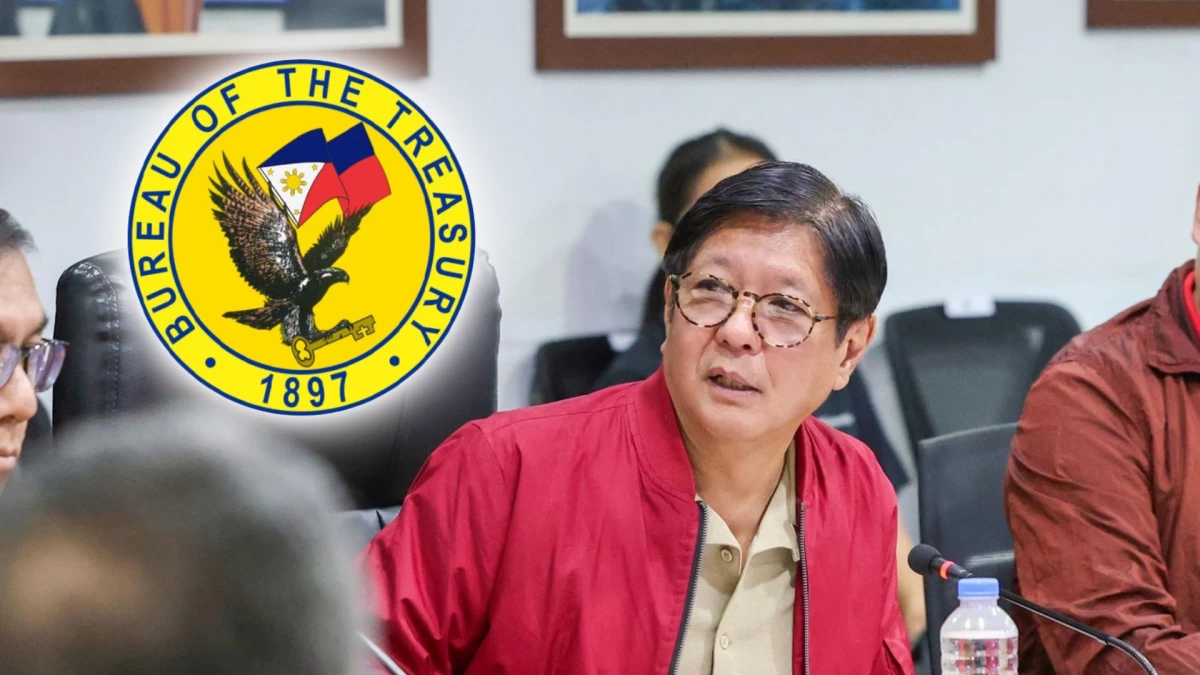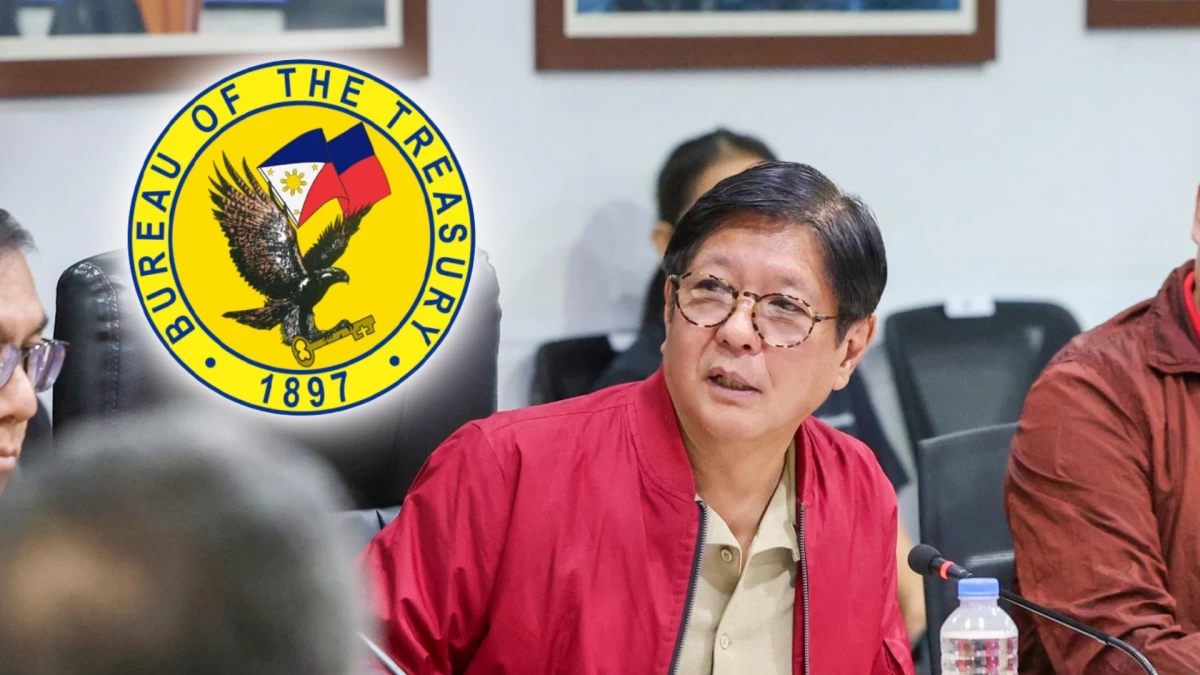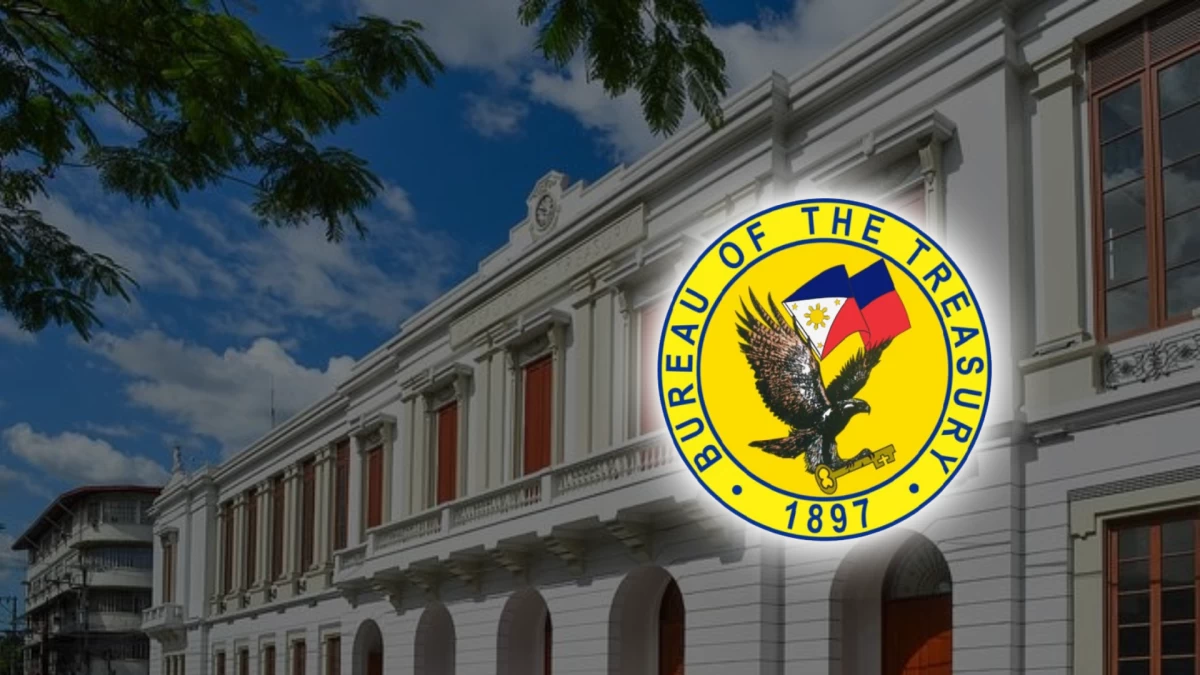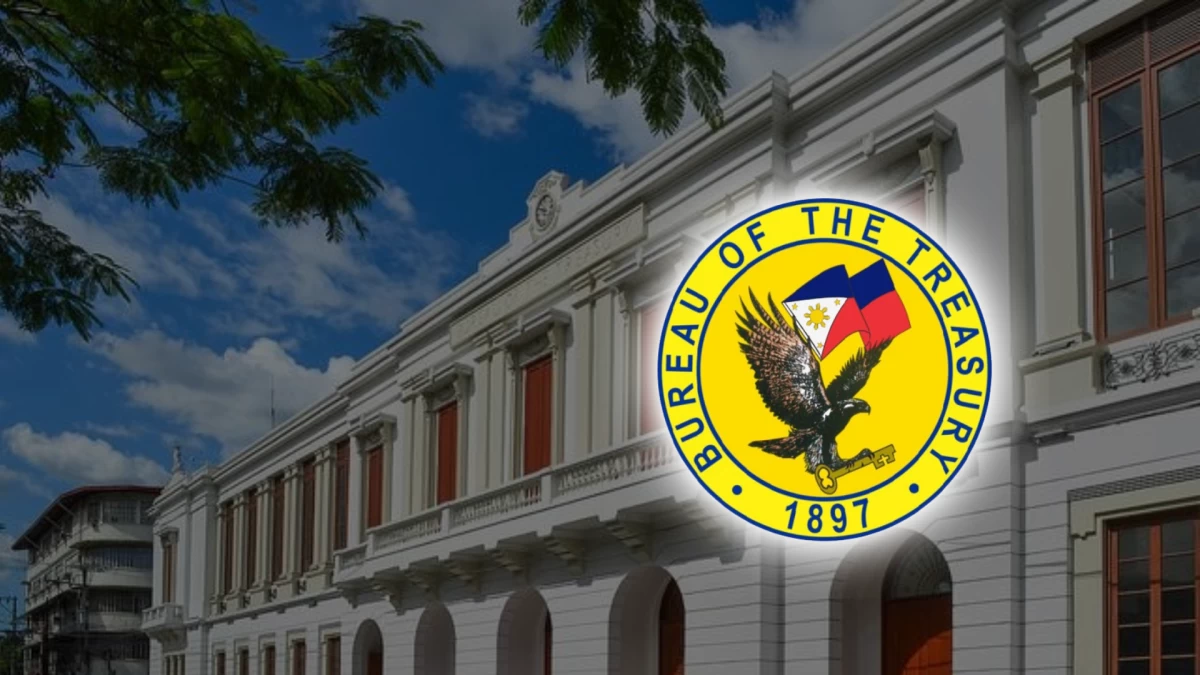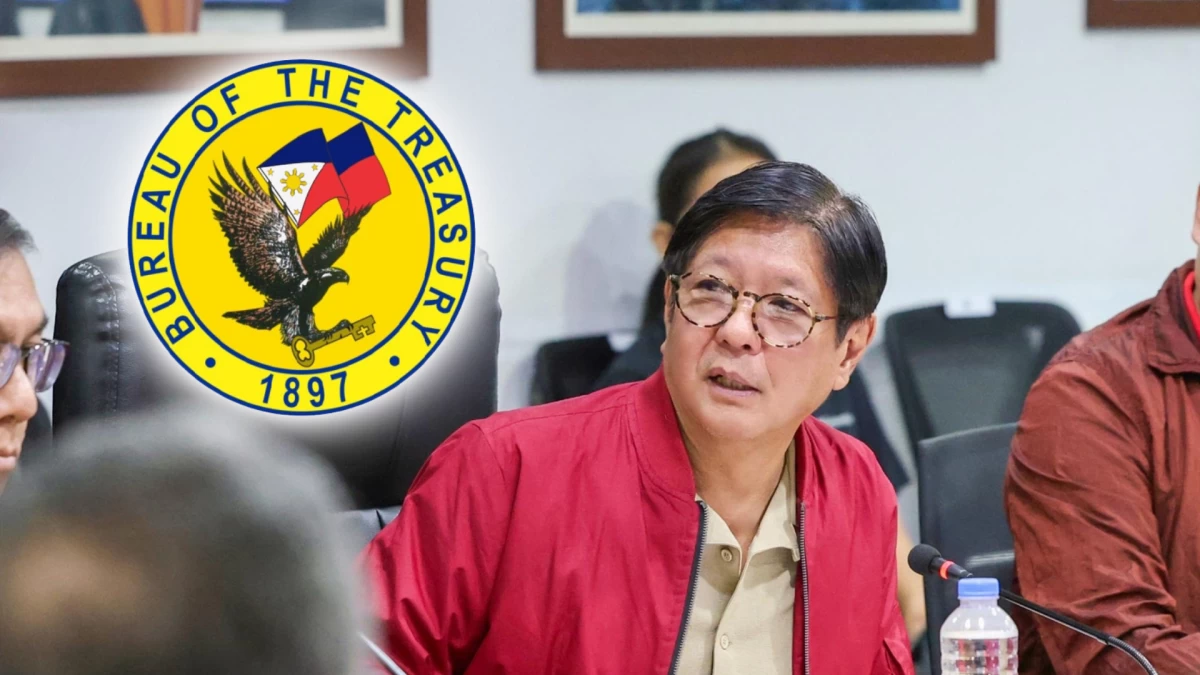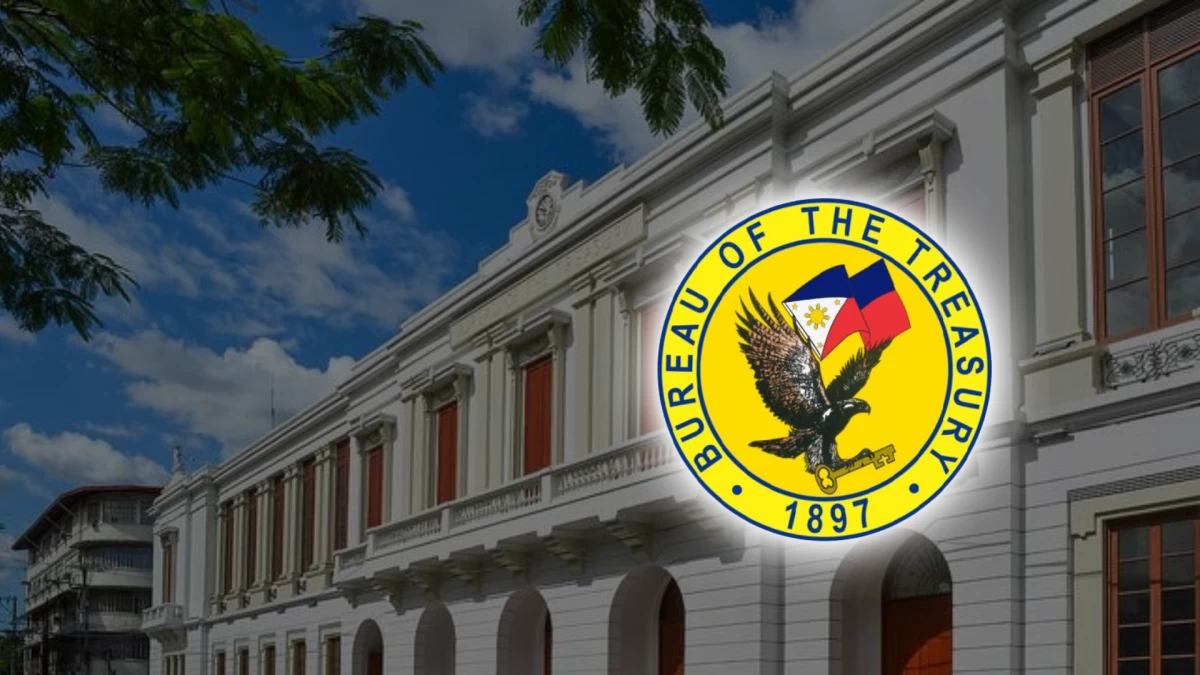The Marcos administration is returning to the international capital markets with a three-tranche offering of United States (US) dollar-denominated global bonds to finance its national budget and refinance existing debt, according to a report from Moody’s Ratings. In a statement on Tuesday, Jan....
The national government’s new debt pile grew to ₱2.48 trillion as of the end of October, despite a reduction in foreign borrowings, a figure at risk of expanding further due to the recent weakening of the peso. Data from the Bureau of the Treasury (BTr) showed that the government’s total...
Despite the nearly two percent hike in foreign borrowings, the national government’s outstanding debt fell to ₱17.455 trillion in September, though officials warned that further reductions will depend heavily on the peso’s strength against the United States (US) dollar. National Treasurer...
A steady reliance on local lenders is driving the government’s debt, with overall borrowings growing 4.1 percent to ₱2.4 trillion in the first nine months of the year, bringing it just ₱200 billion shy of the revised ₱2.6 trillion ceiling. The Bureau of the Treasury (BTr) data showed the...
The Marcos government successfully raised ₱35 billion as planned through the sale of two government bonds, with mixed investor demand as risks tied to longer-dated securities dampened appetite while the shorter-tenored paper drew stronger interest. During the sale of the seven-year Treasury bonds...
The Marcos administration has successfully borrowed ₱22 billion through the sale of short-dated Treasury bills (T-bills) at slightly lower costs, backed by relatively stable demand driven by the continued effect of the latest key policy rate easing. During the latest T-bills auction on Monday,...
While there was subdued demand for longer-term debt securities owing to inflation worries, the Marcos government still managed to raise ₱35 billion as planned through the sale of two government bonds. During the sale of the 10-year Treasury bonds (T-bonds) on Tuesday, Oct. 7, the Bureau of the...
The national government’s debt settlements reached ₱1.54 trillion in the first eight months of the year, a slight decline from ₱1.55 trillion a year ago, even though August saw an almost 400 percent jump in required payments. Data from the Bureau of the Treasury (BTr) showed that the 0.7...
Reversing its record high of ₱17.56 trillion in July, the national government’s outstanding debt shrank to ₱17.47 trillion in August, due to settlement of over half a trillion pesos in local bonds and stronger peso. Given this development, Finance Secretary Ralph G. Recto and National...
Both foreign and domestic borrowings of the national government swelled by double digits in the first eight months of the year, leading to a 17.2 percent increase in the Marcos administration’s gross debt to ₱2.27 trillion as of end-August. Data from the Bureau of the Treasury (BTr) showed that...
Marking the lowest amount in 2025, the national government’s planned borrowings for the final three months of the year stand at ₱437 billion, a reduction of ₱253 billion from ₱690 billion in the third quarter. Signed by National Treasurer Sharon Almanza, the Bureau of the Treasury (BTr)...
The Marcos government borrowed only ₱27 billion of its planned ₱35 billion through the sale of two government bonds, as demand was weaker for both the three-year and 20-year bonds, while borrowing costs remained high for the latter. During the sale of reissued 20-year Treasury bonds (T-bonds)...

